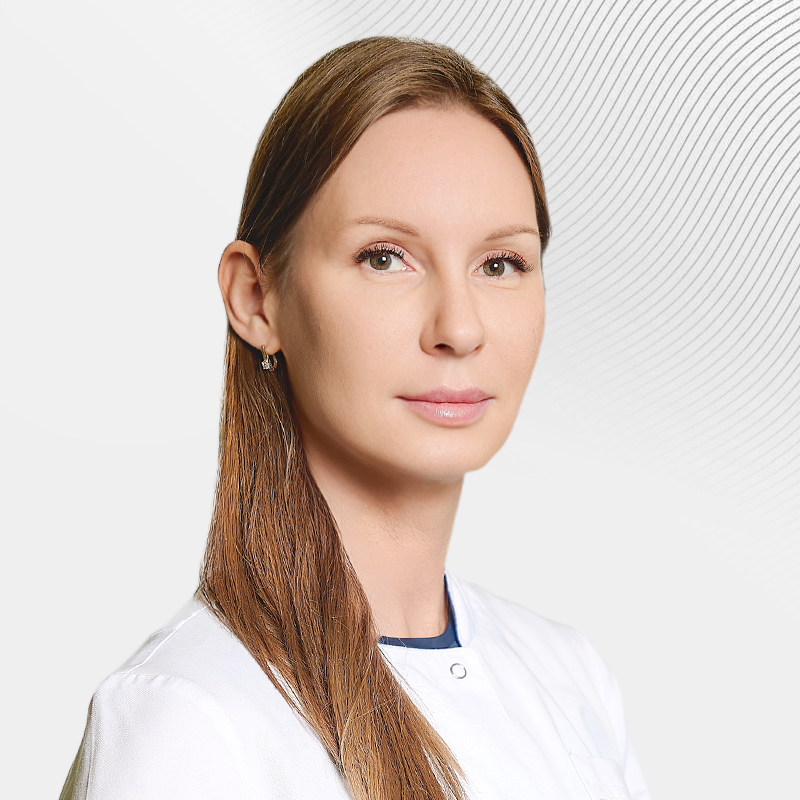
Angiography

Angiography is the examination of blood vessels of various localization using contrast agents. EMC conducts all types of angiographic studies using the innovative ARTIS zee biplane (Siemens) biplane system.
Indications for angiography
Depending on the topography of the vessels under study, the following types of angiography are distinguished: angiocardiography (coronary angiography) — examination of the cavities of the heart and the main vessels; angiopulmonography — examination of the vessels of the lungs, cerebral angiography — examination of the vessels of the brain, aortography — angiography of the aorta, etc
.
The angiography procedure includes vascular access (puncture of an artery or vein), vessel catheterization (insertion of a catheter — a hollow tube of small diameter into the lumen of the vessel), administration of a contrast agent (most often an iodine-containing solution) and X-ray fixation of vascular images to a digital medium.
Angiography allows you to accurately determine the nature of changes in blood vessels and remains the "gold standard" in the diagnosis of most pathological conditions (atherosclerosis, peripheral vascular diseases, cerebral artery aneurysms, renal artery stenosis, and others).
Types of angiography
According to the type of vessels studied, angiography is divided into:
-
arteriography (examination of the arterial system);
-
phlebography (venous system examination);
-
lymphography (examination of the lymphatic system).
According to the type of visualization technique of the vascular system, traditional angiography is distinguished, href="/programs_and_services/services/klinika-serdca-i-sosudov_mskt-serdca-i-sosudov/">КТ-ангиографию and MR angiography.
Contraindications to angiography
There are no absolute contraindications for performing angiography. Even if the patient is found to be intolerant of contrast agents, it is possible to carry out a preliminary hormonal preparation. Relative contraindications for angiographic studies are:
-
severe general condition of the patient (septic or toxic shock);
-
severe heart and/or liver-kidney failure;
-
mental illness in the acute stage;
-
allergic reactions to iodine-containing contrast agents.
Preparation for angiography
It should be noted that most iodine—containing contrast media are high-viscosity solutions. Their administration is associated with the risk of adverse effects on the kidneys. This is especially true for patients with underlying renal excretory function disorders. For the prevention of contrast-induced nephropathy, additional injection of fluid into the body (hydration) is indicated before angiographic examination.
The preparation of the patient for the study includes the use of at least 2 liters of water without gas a day before the study, as well as the rejection of carbonated drinks and products that cause increased gas formation (legumes, sweet pastries, sweets and sweet fruits). 6 hours before the study, it is necessary to exclude food intake. For example, if the study is scheduled for the morning, a light dinner is allowed. In the morning, you need to drink the pills prescribed by your doctor, washing them down with still water.
Angiography procedure
To perform angiography, the patient is brought to the X-ray room on a bed, transferred to the operating table, and the intended puncture site is treated with an antiseptic solution. Then the patient is covered with sterile surgical underwear, and the X-ray surgeon proceeds directly to the procedure. After local anesthesia, a puncture of the vessel is performed through which the examination will be performed. A special device is being installed – an introducer (a thin catheter with a hemostatic valve that allows for the replacement of catheters without blood loss). The next step is to insert a catheter of the desired shape and size along a conductor (a special thin string) into the area of interest, and its tip is inserted into the mouth of the vessel under study. A contrast agent is introduced. The images obtained by X-ray radiation are recorded on a digital medium. After that, the catheter and the introducer are removed, and hemostasis is performed (stopping bleeding from the puncture hole). A sterile bandage is applied to the puncture site, and the patient is transferred to the ward under the supervision of the doctor on duty.
If the patient does not have anatomical features that make it difficult to catheterize the vessel under study, angiography lasts 20-40 minutes. Sometimes patients feel the catheter moving through the vessels (especially when using access through the radial artery on the forearm due to the small diameter of the vessel). Some patients feel warmth when contrast is injected into blood vessels. There should be no pain during angiography! If pain, discomfort, or discomfort occurs, the patient should immediately notify the operating surgeon.
Due to the high quality of modern materials from which the instruments are made, modern contrast media and extensive experience in conducting such studies in the world, the percentage of complications during angiography is less than 0.1%.
Get help
Specify your contacts and we will contact you to clarify the details.
Doctors

Anastasiya Titova
SP is a specialist in the diagnosis of blood vessels of various localizations, as well as EchoCG, Doctor of the highest category
-
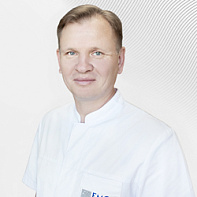
Aleksey Ivanov
Ph.D. of Medical Sciences
-
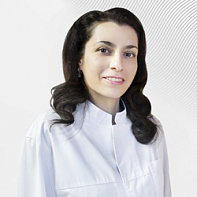
Tamara Dzhordzhikiya
Doctor of the highest category, Ph.D. of Medical Sciences
-
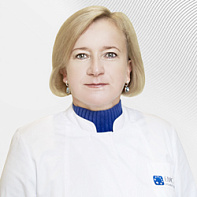
Vasilevskaya Irina
Pediatric cardiologist, polyclinic, Ph.D. of Medical Sciences
-
.jpg)
Songurov Rashid
-
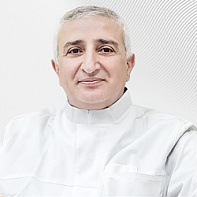
Pursanov Manolis
Doctor of Medicine, Professor
-
Sopetik Vitaliy
-
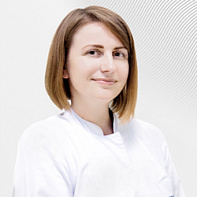
Kondrashova Evgeniya
-
.jpg)
Znamenskiy Vladislav
-
.jpg)
Rzaev Farkhad
Ph.D. of Medical Sciences
-
.jpg)
Urbanov Alexander
-
.jpg)
Plakhova Victoria
Doctor of Medicine
-
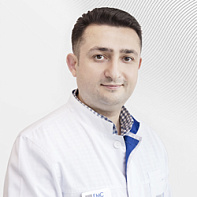
Safarov Perviz
-

Malyutina Elena
Doctor of the highest category, Doctor of Medicine, Professor
-
.jpg)
Karimova Elena
Ph.D. of Medical Sciences
-
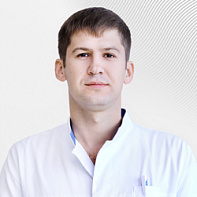
Titov Petr
Head of the Anesthesiology and Intensive Care Unit of the Department of Cardiology and X-ray Endovascular Methods of Diagnosis and Treatment, Doctor of the highest category
-
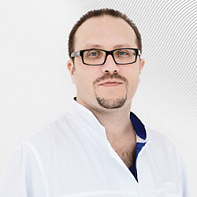
Ermolaev Pavel
-
.jpg)
Danilenko Sergey
-
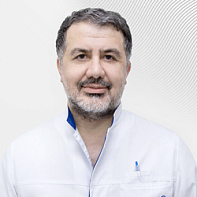
Kavteladze Zaza
Scientific Consultant of the Department of X-ray Endovascular Diagnostics and Treatment of EMC, Doctor of Medicine, Professor
-

Anikeva Evgeniya
Head of the Hospital of the Department of Cardiology and X-ray Endovascular Methods of Diagnosis and Treatment
-
Anastasiya Titova
SP is a specialist in the diagnosis of blood vessels of various localizations, as well as EchoCG, Doctor of the highest category
- Specializes in research of the cardiovascular system, including in the framework of surgical vascular pathology, as well as in such pathologies as ACS and oncological cancer
- Field of activity — ultrasound examinations of blood vessels in all regions
Total experience
18 years
Experience in EMC
since 2025
